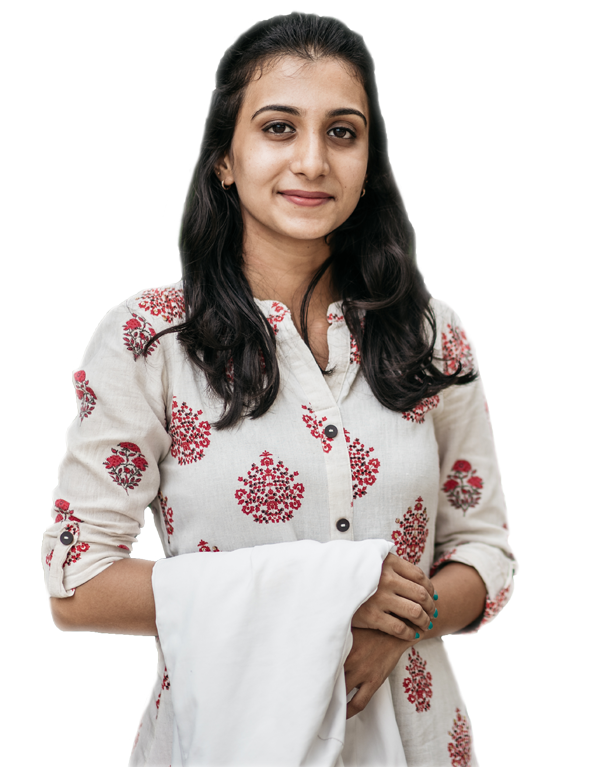
Eligibility
Pass in MBBS from a recognized medical college with permanent registration of any State Medical Council. Candidate should be NEET-PG qualified.
Admission to both General and NRI category seats in MD/MS is based on inter-se merit in NEET-PG.
Admission Procedure
In addition to the basic eligibility criteria mentioned above, students seeking admission to MD/MS program will be required to qualify in the National Eligibility cum Entrance Test, NEET-PG which will be conducted by the National Board of Examinations (NBE) generally in January each year. The responsibility of NBE is limited to the conduct of NEET-PG, declaration of the result and providing the result to MCC, DGHS, MoHFW for onward transmission to State Counselling Authorities. NBE has no role in counselling and allotment of seats.
Application form for NEET-PG can be submitted online through the website www.nbe.edu.in on notification. Students are advised to carefully read the Information Bulletin and keep the correct details ready, before submission of the form. Kindly visit www.mcc.nic.in after announcement of the NEET-PG results to know the procedure of counselling in Deemed/Central Universities.
The fee structure of MD/MS is made available on our website www.nitte.edu.in
Documents required for admission to MD/MS (Original + 3 attested copies)
- Admit card issued by NBE
- Result/rank letter issued by NBE
- NEET-PG allotment letter & score card
- SSLC or equivalent marks card or birth certificate
- MBBS degree marks cards of all years
- Internship completion certificate
- Provisional/MBBS degree certificate
- Medical Council Registration certificate
- Karnataka Medical Council Registration certificate (compulsory for all students)
- MCI recognition of MBBS degree
- Transfer certificate
- Conduct certificate
- Migration certificate
- Physically handicapped certificate issued by the authorized medical boards (if applicable)
- Physical fitness & blood group certificate
- PAN card copy of the parent and student
- Aadhaar card copy of the student
- For NRI category admission: NRI status proof (Passport copy, employment certificate, Residence proof, Income tax documents, Sponsorship letter of parent/sponsor)
- Photographs: Recent colour photo with white background, of resolution 300-600 dpi & size 35 mm x 45 mm (P.P size 5 Nos.) & size 20 mm x 25 mm (Stamp size 5 Nos.)
For any information regarding the admissions,mail us at: info@nitte.edu.in

Program Outcomes
At the end of the program, graduates will be able to...
- PO1: Formulate a diagnostic opinion in a given clinical situation with an appropriate and relevant sample of tissue, blood, body fluid, etc. for the purpose of diagnosis and overall wellbeing of the ill.
- PO2: Demonstrate a commitment to ethical principles relating to providing patient care, the confidentiality of patient information and informed consent.
- PO3: Plan a strategy of laboratory investigation of a given case, given the relevant clinical history and physical findings in a logical sequence, perform and must be able to correctly interpret the laboratory data to arrive at a specific diagnosis.
- PO4: Evaluate clinical and operative data, describe the gross anatomic alterations in the surgically removed specimens and arrive at a well-reasoned diagnosis.
- PO5: Prepare a paraffin block, cut sections of good quality on microtomes and use cryostat where appropriate.
- PO6: Demonstrate knowledge of the principles of tissue processing and various staining procedures including immunohistochemical stains.
- PO7: Perform fine needle aspiration of all lumps/ swellings in patients; make good quality stained smears for cytological diagnosis.
- PO8: Be conversant with the techniques for the concentration of specimens including filtration, centrifuging and cytocentrifuging.
- PO9: Evaluate and interpret the cytology smears in the context of relevant clinical data for cytological diagnosis.
- PO10: Perform routine hematological tests like hemogram, blood and bone marrow smearing and staining.
- PO11: Perform and interpret special investigations like, Hemolyticanemia profile, Platelet function tests, Thrombophilia profile, Immunophenotyping of leukemia, cytogenetics and molecular diagnostics.
- PO12: Perform procedures for identification of common parasites in blood, body fluids and feces.
- PO13: Demonstrate familiarity and interpret the quantitative estimations of blood/ serum for the functional tests of various organ systems by automated technique.
- PO14: Demonstrate techniques of blood banking including ABO and Rh grouping, selection and bleeding of donors and preparation of blood components.
- PO15: Explain the principles of Instrumentation, use and application of the instruments commonly used in the laboratory.
- PO16: Demonstrate knowledge of principles and steps of and interpretation of Polymerase Chain Reaction (PCR), Western Blot, Southern /Northern Blot and Hybridisation procedures
- PO17: Demonstrate knowledge of methods of Karyotyping and Fluorescent in-situ Hybridisation (FISH) and methods of tissue culture.
- PO18: Demonstrate competence in basic concepts of research methodology.
- PO19: Demonstrate integrity, accountability, respect, compassion and dedicated patient care.


